Protecting Your Home During Vacation - Best Practices
Taking a vacation is one of the most exciting experiences you can have, but it also comes with its own set of worries, especially when it comes to the safety of your home. Imagine this: you’re lounging on a beach somewhere, soaking up the sun, and suddenly, you’re hit with a wave of anxiety—did you lock the back door? Did you remember to close the garage? These thoughts can turn a relaxing getaway into a stressful ordeal. That’s why it’s crucial to implement effective strategies to safeguard your home while you’re away. In this article, we’ll explore essential best practices to ensure your home remains secure, allowing you to enjoy your vacation with peace of mind.
Before you even think about packing your bags, take a moment to assess your home’s vulnerabilities. Think of your house as a fortress; every fortress has its weak points. Identify areas that could be susceptible to break-ins, such as:
- Doors
- Windows
- Garages
Once you’ve pinpointed these areas, take the necessary precautions to strengthen them. This might include installing deadbolts on doors, reinforcing window locks, or even adding security screens. Remember, the more secure your home is, the less appealing it becomes to potential intruders.
Installing a reliable home security system is one of the best investments you can make. Think of it as the ultimate safety net for your home. There are various options available, including alarms, surveillance cameras, and smart home technology that can monitor your property while you’re away. With a good security system in place, you can deter intruders and have real-time updates on your home’s status.
Smart home devices can significantly enhance your security measures. Imagine being able to control your home’s locks, lights, and cameras from your smartphone, no matter where you are. This level of control not only provides convenience but also adds an extra layer of protection. For instance, smart locks allow you to grant access to trusted friends or family without giving them a physical key, while smart cameras let you keep an eye on your property from afar.
Remote monitoring systems are game-changers when it comes to home security. With these systems, you can receive alerts and view live feeds through your smartphone, ensuring you stay informed while on vacation. It’s like having a personal security guard watching over your home 24/7. You’ll be able to respond quickly to any suspicious activity, giving you greater peace of mind.
Automated lighting systems can create the illusion that someone is home, which is a powerful deterrent for burglars. By setting timers or using smart bulbs, you can program your lights to turn on and off at certain times, mimicking your daily routine. This simple trick can make your home less attractive to potential intruders.
Engaging with a neighborhood watch program can bolster your home’s security even further. Collaborating with neighbors to keep an eye on each other’s properties creates a community of vigilance. If everyone is looking out for one another, it becomes much harder for criminals to operate unnoticed. So, why not team up with your neighbors? It’s a win-win situation!
Before you embark on your vacation, it’s a good idea to inform trusted neighbors about your plans. They can help monitor your home, collect your mail, and report any unusual activity. Having someone you trust keeping an eye on things adds an extra layer of security, allowing you to relax and enjoy your time away.
Consider arranging for mail collection or package holds while you’re away. An overflowing mailbox or unattended packages can signal to thieves that you’re not home. You wouldn’t want to advertise your absence, would you? A simple solution is to ask a neighbor to collect your mail or use a postal service that can hold your packages until you return.
Before you leave, establish a list of emergency contacts, including local authorities and trusted friends or family. This ensures prompt communication in case of any issues while you’re on vacation. It’s like having a safety net; you know you have people who can step in if something goes wrong.
As your departure date approaches, it’s time to finalize your home security preparations. Double-check all locks, set timers for lights, and ensure that all safety measures are in place. This final checklist will give you the confidence to step out into the world, knowing that your home is secure. After all, a worry-free vacation is the best kind of vacation!
Q: What is the most effective home security system?
A: The most effective system will depend on your specific needs, but a combination of alarms, surveillance cameras, and smart home devices generally provides comprehensive coverage.
Q: How can I make my home look occupied while I'm away?
A: Use automated lighting systems, ask a neighbor to park in your driveway, and have someone collect your mail to create the illusion that someone is home.
Q: Should I inform the police that I’ll be on vacation?
A: It’s a good idea to inform local authorities, especially if you live in an area with a neighborhood watch program. They can keep an extra eye on your home while you’re away.
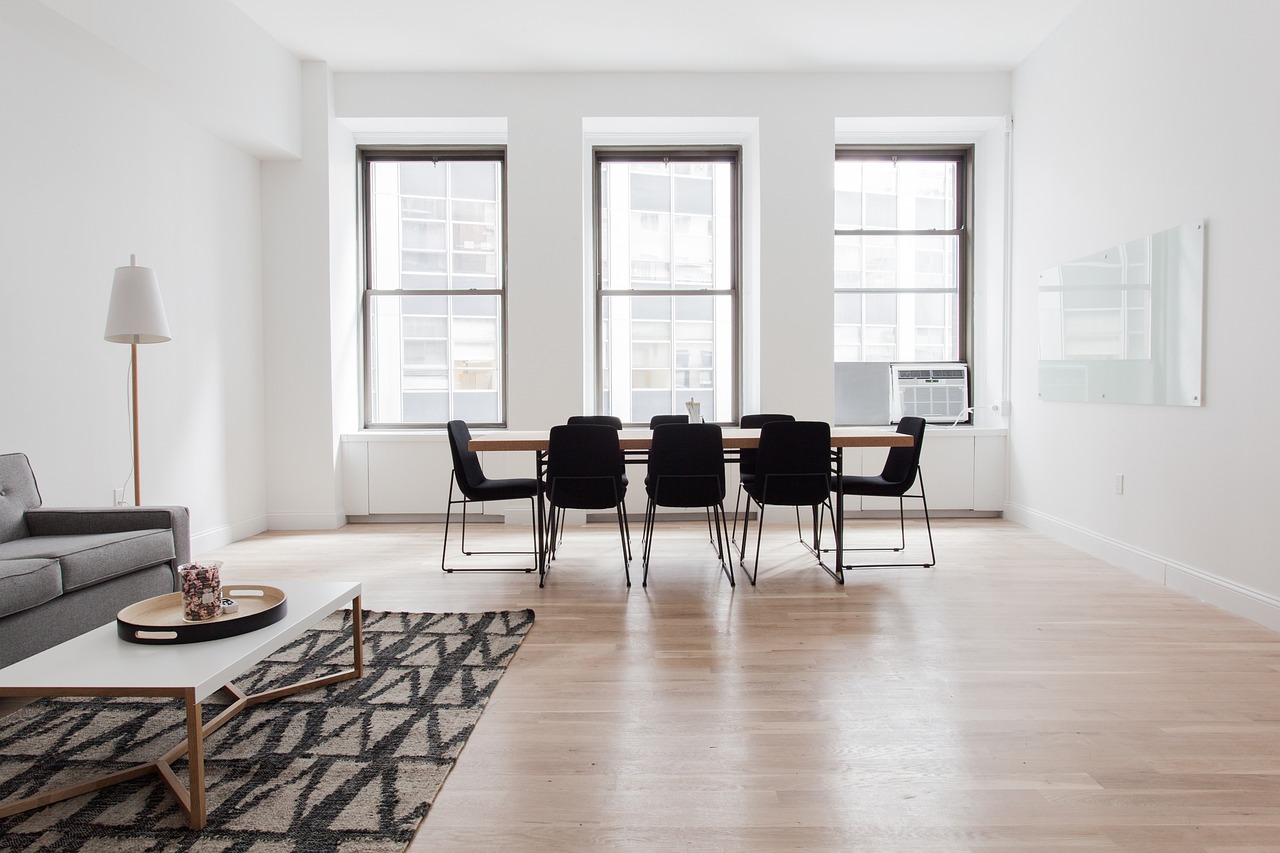
Assessing Vulnerabilities
Before you pack your bags and head off on that much-needed vacation, it’s crucial to take a step back and assess your home’s vulnerabilities. Think of your home as a fortress; if the walls are weak, it’s only a matter of time before an intruder might find a way in. Start by walking around your property and examining the key entry points: doors, windows, and even the garage. Are your doors sturdy enough? Do your windows have secure locks? These are the first lines of defense against unwanted visitors.
When assessing vulnerabilities, consider the following areas:
- Doors: Are they solid wood or metal? Do they have deadbolts? A flimsy door can be an open invitation for burglars.
- Windows: Check if they are locked securely. Consider adding window locks or security film to reinforce them.
- Garages: Ensure your garage door is closed and locked. An open garage can be an easy access point for thieves.
Another important factor is the visibility of your home. Overgrown bushes or trees can provide cover for potential intruders. Trim any landscaping that could obscure views of your windows and doors. Lighting also plays a vital role; poorly lit areas around your home can be a thief’s best friend. Installing motion-sensor lights can illuminate dark corners and deter suspicious activity.
Additionally, take a look at your neighborhood. Is it a high-crime area? Are there any recent reports of break-ins? Engaging with your local community can provide insights into potential threats. You might even discover that a neighbor has experienced a similar situation, and they can offer advice on how they secured their home. Remember, knowledge is power, and understanding the landscape of your neighborhood can help you make informed decisions about your home security.
Finally, don’t forget to document your findings. Take notes on what needs improvement and prioritize your actions based on urgency and feasibility. This way, you can create a comprehensive plan to reinforce your home before you leave. By taking the time to assess vulnerabilities, you’re not just protecting your property; you’re ensuring peace of mind so you can enjoy your vacation without any worries.
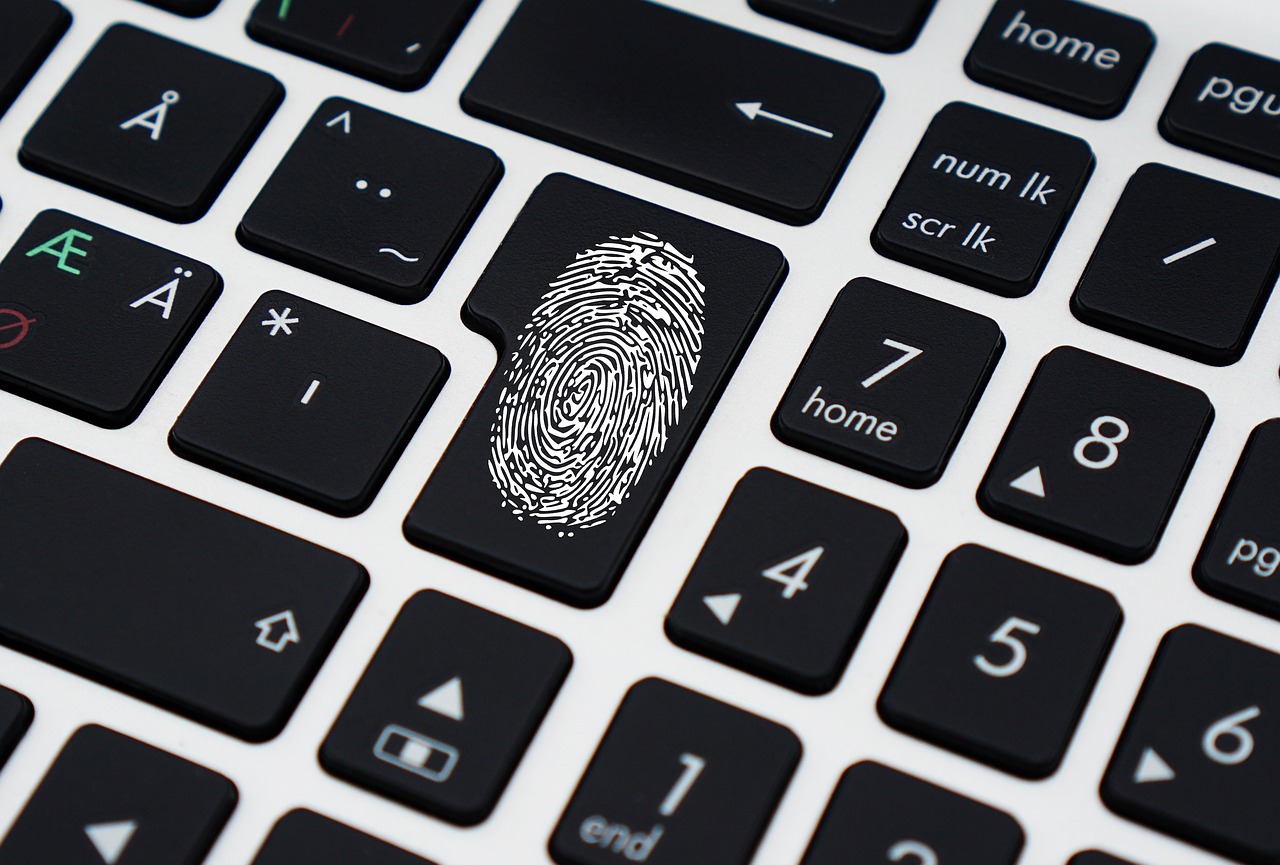
Home Security Systems
When it comes to protecting your home while you're off enjoying that well-deserved vacation, investing in a reliable home security system is essential. Think of it as your home's personal bodyguard, ready to fend off any potential threats while you sip cocktails on the beach. With the advancements in technology, there are numerous options available that can cater to your specific needs and budget. From traditional alarm systems to cutting-edge smart home technology, the choices are vast and can be tailored to fit any household.
First off, let’s talk about alarm systems. These are the classic line of defense and can be a real game-changer in deterring burglars. Most modern alarm systems come equipped with features like motion detectors, door/window sensors, and loud sirens that can alert both you and your neighbors if something seems off. But, if you want to take it a step further, consider adding surveillance cameras to the mix. These not only help you keep an eye on your property but can also provide crucial evidence in case of a break-in. Many systems now allow you to access live feeds right from your smartphone, enabling you to monitor your home from anywhere in the world.
Additionally, smart home devices are revolutionizing how we think about home security. Imagine being able to lock your doors, adjust your thermostat, and turn on lights all from your phone, no matter where you are. Smart locks offer keyless entry and can be programmed to automatically lock when you leave. Meanwhile, smart lighting systems can be set to turn on and off at specific times, creating the illusion that someone is home. This can significantly reduce the chances of a break-in, as burglars are less likely to target a house that appears occupied.
To give you a clearer picture, here’s a simple table comparing traditional alarm systems with smart home security options:
| Feature | Traditional Alarm Systems | Smart Home Security Systems |
|---|---|---|
| Real-time Monitoring | No | Yes |
| Remote Access | No | Yes |
| Smart Device Integration | No | Yes |
| Automated Alerts | Limited | Comprehensive |
Ultimately, the best home security system for you will depend on your lifestyle and the specific vulnerabilities of your home. It's worth taking the time to assess your needs and possibly even consulting with a security expert. Remember, the goal is to create a secure environment that not only protects your property but also gives you peace of mind while you're away. Don't forget to also consider how these systems can integrate with a neighborhood watch program, as this can further enhance your home's security.
Q: What is the best home security system for my needs?
A: The best system depends on your specific requirements, such as the size of your home, your budget, and whether you prefer a traditional or smart system. It's advisable to evaluate your options and possibly seek expert advice.
Q: Can I monitor my home security system remotely?
A: Yes, many modern security systems offer remote monitoring through smartphone apps, allowing you to check on your home in real-time.
Q: How do smart locks work?
A: Smart locks use Bluetooth or Wi-Fi technology to allow you to lock and unlock your doors remotely using your smartphone or other smart devices.
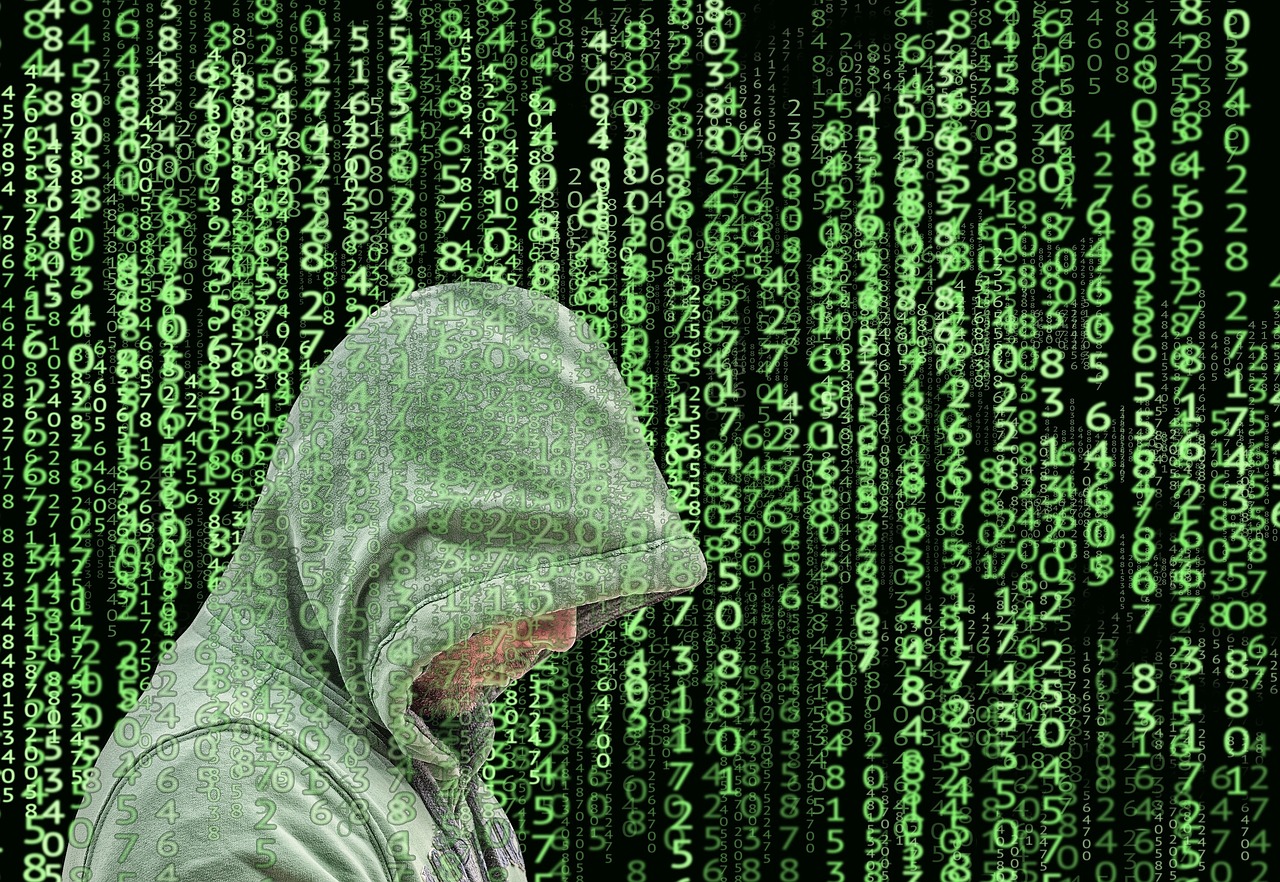
Smart Home Devices
In today's tech-savvy world, have revolutionized the way we think about home security. Imagine being able to control your home from anywhere in the world, all from your smartphone. It's like having a virtual security guard at your fingertips! With the right devices, you can enhance your home’s safety and enjoy peace of mind while you’re off on vacation.
One of the most popular smart home security devices is the smart lock. These locks allow you to control access to your home remotely, meaning you can lock or unlock your doors from your smartphone. This is particularly useful if you need to grant access to a neighbor or a friend while you're away. Plus, many smart locks come with features like temporary access codes, which means you can give someone a one-time entry without needing to hand over a physical key.
Another fantastic addition to your home security arsenal is smart cameras. These devices not only allow you to monitor your property in real-time but also come equipped with motion detection alerts. Imagine receiving a notification on your phone when someone approaches your front door! You can view live feeds, record footage, and even communicate with visitors through two-way audio. It’s like having a security system that keeps you connected to your home no matter where you are.
Let’s not forget about smart lighting. Automated lighting systems can be programmed to turn on and off at specific times, creating the illusion that someone is home. This simple trick can be incredibly effective in deterring potential burglars. You can even control your lights remotely, ensuring that your home is always well-lit, especially during the evening hours. Imagine the peace of mind knowing that your lights are flickering on at dusk, mimicking your usual routine!
For those who want the ultimate control, integrating all these devices into a smart home hub can be a game changer. A smart hub allows you to manage multiple devices from a single app, making it easier to monitor your home’s security. You can set up routines where if your smart camera detects motion, your smart lights turn on, and you receive an alert on your phone. This interconnected system not only enhances security but also adds convenience to your daily life.
In conclusion, investing in not only boosts your home security but also offers you the flexibility and control that traditional systems lack. Whether it’s a smart lock, camera, or lighting system, these devices work together to create a comprehensive security solution that keeps your home safe while you’re away. So, why not embrace the future of home security? Your peace of mind is just a click away!
- What are smart home devices?
Smart home devices are internet-connected devices that allow you to monitor and control various aspects of your home, including security systems, lighting, and locks from your smartphone or tablet. - How do smart locks work?
Smart locks use wireless technology to connect to your smartphone, allowing you to lock and unlock your doors remotely. Many also offer features like temporary access codes for guests. - Can I monitor my home while on vacation?
Yes! With smart cameras and monitoring systems, you can keep an eye on your home in real-time from anywhere in the world. - Are smart home devices safe?
While no system is completely foolproof, many smart home devices come with advanced encryption and security features to protect your data and privacy.
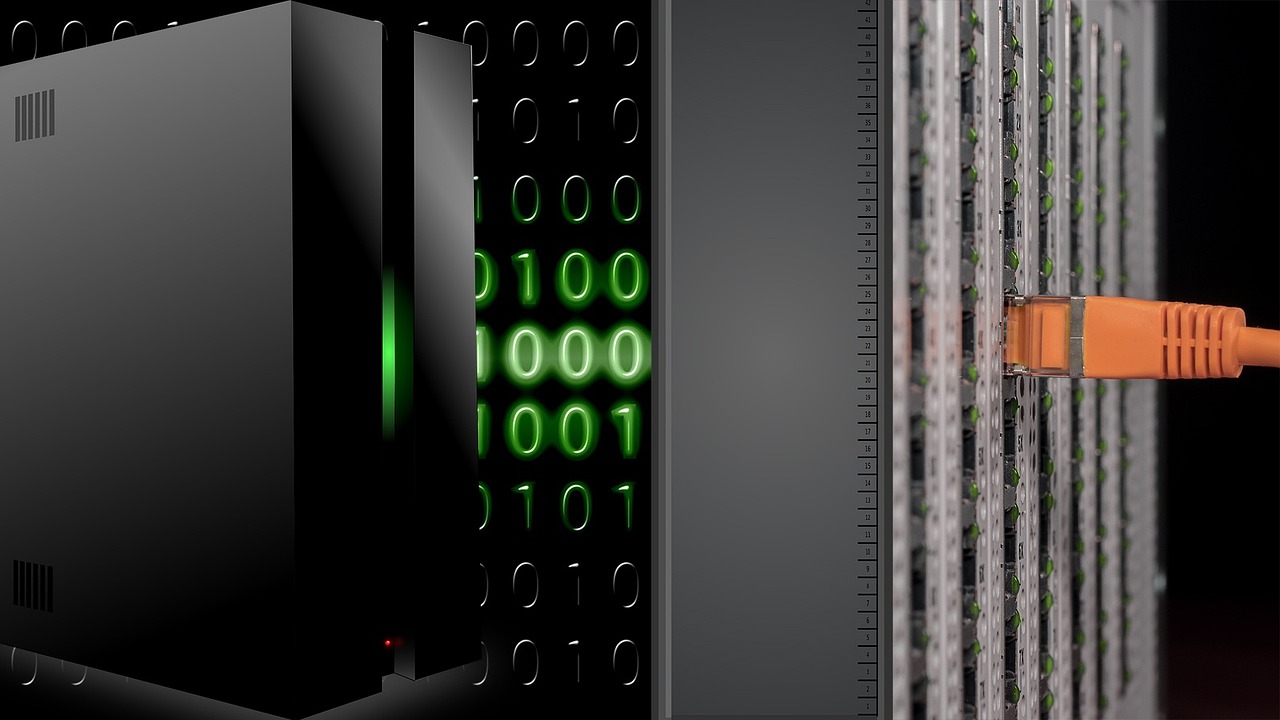
Remote Monitoring
In today’s fast-paced world, the ability to monitor your home remotely has become a game changer for vacationers. Imagine lounging on a beach, sipping a piña colada, while still having the power to keep an eye on your property from your smartphone. Remote monitoring systems are designed to provide you with real-time surveillance, ensuring that you're always in the loop, no matter where you are. With a few taps on your device, you can access live feeds from security cameras, receive instant alerts about any unusual activity, and even communicate with visitors at your doorstep.
Most modern remote monitoring systems integrate seamlessly with smart home technology, giving you the flexibility to control various aspects of your home security. For instance, you can check if you left the garage door open or if any windows were inadvertently left unlocked. This kind of reassurance is invaluable, as it allows you to enjoy your vacation without the nagging worry of whether your home is safe.
When choosing a remote monitoring system, consider the following features:
- Live Streaming: Access real-time video feeds from your cameras.
- Motion Alerts: Get notified immediately if any movement is detected.
- Two-Way Audio: Communicate with anyone at your door, even if you’re miles away.
- Cloud Storage: Store recorded footage for later review in case of incidents.
Additionally, many systems offer mobile apps that allow you to customize settings, view past recordings, and even control other smart devices in your home. This interconnectedness not only enhances your security but also adds convenience to your daily life. The peace of mind that comes from knowing you can monitor your home remotely is truly priceless.
To sum it up, investing in a robust remote monitoring system is like having a virtual security guard watching over your home while you’re away. With the right technology, you can relax fully during your vacation, knowing that you’re just a click away from your home’s safety.
Q: How much does a remote monitoring system typically cost?
A: The cost can vary widely based on the features and technology you choose. Basic systems may start around $100, while comprehensive setups with multiple cameras and advanced features can exceed $1,000.
Q: Can I access my remote monitoring system from anywhere?
A: Yes! Most remote monitoring systems allow you to access live feeds and receive alerts via a smartphone app, so you can check on your home from anywhere in the world.
Q: What happens if my Wi-Fi goes down while I’m away?
A: Many systems have backup options, such as local storage or cellular data, ensuring that you can still receive alerts and monitor your home even if your internet connection is interrupted.
Q: Is it difficult to set up a remote monitoring system?
A: Most systems are designed for easy installation, often requiring minimal technical skills. Many companies also provide customer support to assist with setup.
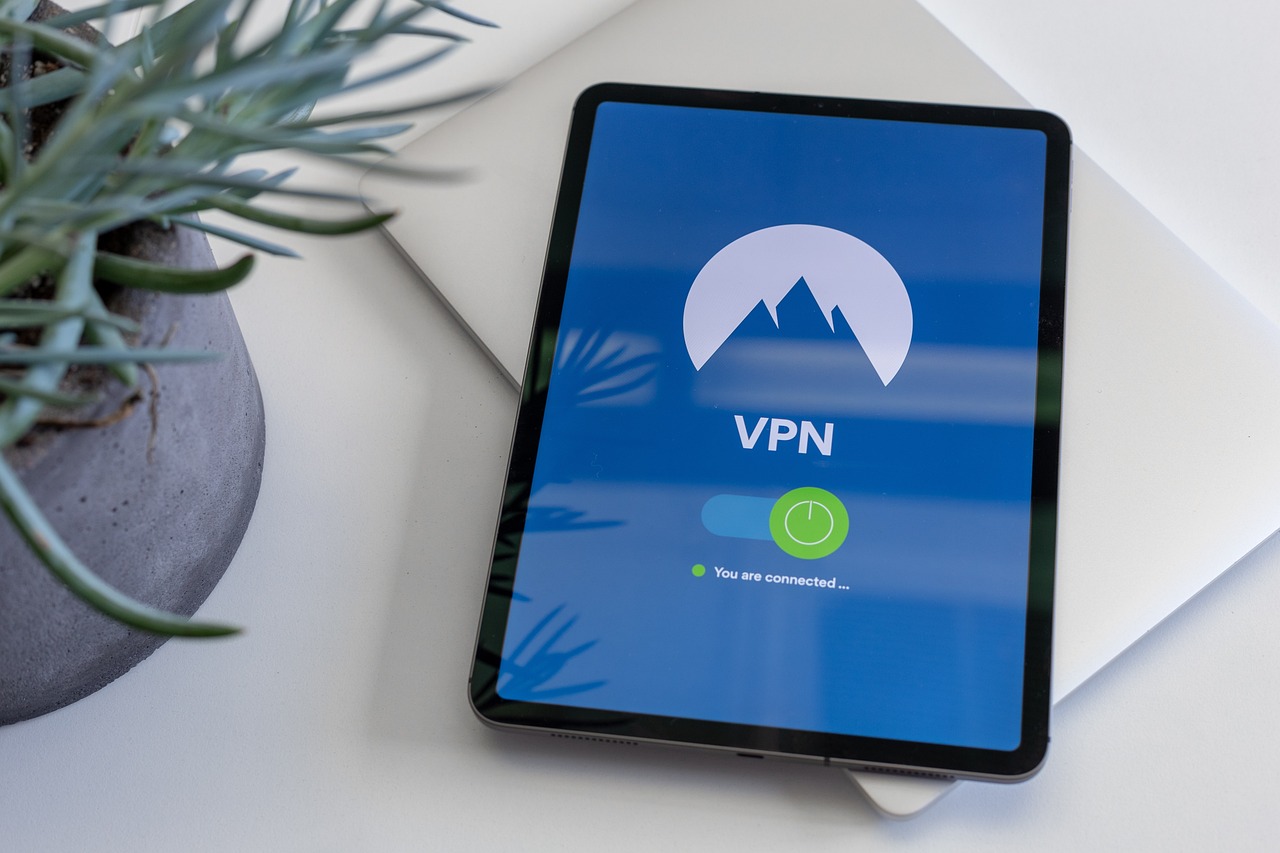
Automated Lighting
When it comes to enhancing your home security while you're off enjoying a well-deserved vacation, is one of the most effective strategies at your disposal. Picture this: you’re lounging on a beach somewhere, sipping a cocktail, and your home is illuminated in a way that makes it look like someone is inside, even when it’s empty. This simple trick can deter potential burglars, as they tend to shy away from homes that appear occupied.
Automated lighting systems allow you to program your lights to turn on and off at specific times, mimicking your usual routines. For instance, you can set your living room lights to flick on at dusk and then turn off around midnight, just as you would on a regular evening at home. This can be done easily with smart bulbs or smart plugs that connect to your Wi-Fi network. The beauty of this technology is that you can manage it all from your smartphone, giving you peace of mind that your home is protected, even from afar.
Moreover, some systems offer features like randomized lighting patterns. Instead of having lights turn on and off at the same time every day, these systems can create a more realistic scenario by varying the times. For example, one night your kitchen light may flick on at 7:30 PM, while the next night it could be at 8:15 PM. This unpredictability makes it much harder for potential intruders to figure out your routine, which is a significant advantage.
Additionally, integrating automated lighting with other smart home devices can further enhance your security setup. For instance, you can sync your lights with motion sensors that trigger illumination when someone approaches your home. Imagine a scenario where a stranger approaches your front door, and suddenly, the porch light floods on, startling them and making it clear that someone is home. This kind of response can be a powerful deterrent against criminal activity.
To get started with automated lighting, consider the following options:
- Smart Bulbs: These can be controlled via an app and are available in various styles and brightness levels.
- Smart Plugs: If you have traditional lamps, smart plugs can make them controllable via your smartphone.
- Lighting Hubs: These centralize control of all your smart lighting devices into one app, making management seamless.
In summary, automated lighting is not just a convenience; it's a smart investment in your home security. By creating the illusion of occupancy and integrating with other security measures, you can enjoy your vacation with the confidence that your home is well-protected. So, before you pack your bags, make sure to set up your automated lighting system and give yourself the gift of peace of mind!
Q: How do I set up automated lighting in my home?
A: You can set up automated lighting by purchasing smart bulbs or smart plugs and connecting them to your home Wi-Fi. Most come with a user-friendly app that guides you through the installation process.
Q: Can I control my automated lighting while on vacation?
A: Yes! Most smart lighting systems allow you to control your lights remotely through a smartphone app, enabling you to turn them on or off as needed.
Q: Will automated lighting save me money on my electricity bill?
A: While automated lighting systems can help reduce energy consumption by allowing you to schedule lights to turn off when not needed, the savings will depend on your usage patterns.
Q: Are automated lighting systems compatible with other smart home devices?
A: Yes! Many automated lighting systems can be integrated with other smart devices, such as security cameras and motion sensors, to create a comprehensive home security solution.
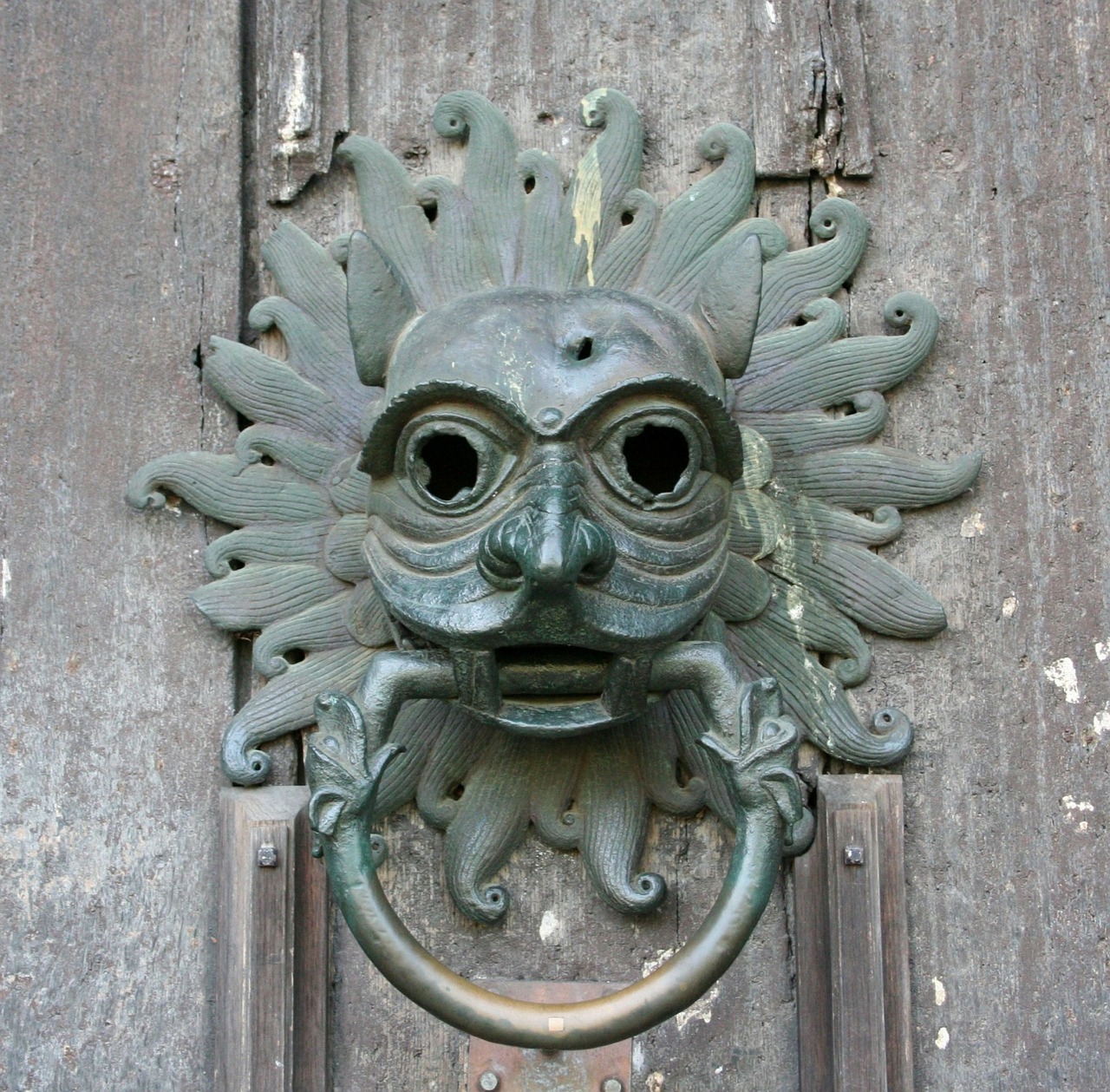
Neighborhood Watch
Engaging with a neighborhood watch program can significantly bolster your home's security while you're away. Imagine this: you're lounging on a beach, sipping a piña colada, and instead of worrying about your home, you know your neighbors are keeping an eye out for any suspicious activity. It’s like having a safety net woven from the fabric of your community! By collaborating with your neighbors, you create a network that can deter potential intruders and enhance the overall safety of your neighborhood.
So, how does this work? Typically, neighborhood watch groups consist of residents who volunteer to monitor each other’s homes and report any unusual occurrences. This could be anything from a strange car parked for too long to unfamiliar individuals wandering around. The idea is that when everyone is alert and aware, it becomes much harder for criminals to operate unnoticed. You can even organize regular meetings to discuss safety tips, share experiences, and stay updated on local crime trends.
In addition, many neighborhood watch programs utilize technology to their advantage. For instance, some communities have dedicated online platforms or social media groups where members can post alerts or share information quickly. This instant communication can be invaluable, especially in emergencies. You might also consider creating a contact list of all participants, so everyone knows who to reach out to in case of an emergency. Here’s a simple example of what that list might look like:
| Name | Address | Phone Number |
|---|---|---|
| Jane Doe | 123 Elm St. | (555) 123-4567 |
| John Smith | 456 Oak St. | (555) 987-6543 |
| Mary Johnson | 789 Pine St. | (555) 234-5678 |
By participating in a neighborhood watch, you're not just protecting your own home; you're contributing to a safer environment for everyone. It’s a bit like planting a garden: the more care and attention you give, the more it flourishes. Plus, it fosters a sense of community and camaraderie. After all, who wouldn’t want a friendly wave from their neighbor when they return home from vacation, knowing that they played a part in keeping the neighborhood safe?
In conclusion, consider reaching out to your neighbors and discussing the possibility of starting a neighborhood watch program. Whether it’s a formal group or just a casual agreement to look out for one another, the benefits are undeniable. You’ll have peace of mind knowing that while you’re off exploring new places, your home is being watched over by those who care.
- What is a neighborhood watch program? A neighborhood watch program is a community initiative where residents collaborate to monitor each other's homes and report suspicious activities.
- How can I start a neighborhood watch in my area? You can start a neighborhood watch by gathering interested neighbors, discussing your goals, and establishing a communication plan.
- Are neighborhood watch programs effective? Yes, studies have shown that neighborhood watch programs can reduce crime rates and increase community engagement.
- What should I do if I notice suspicious activity? Report any suspicious activity to local authorities immediately and inform your neighborhood watch group.
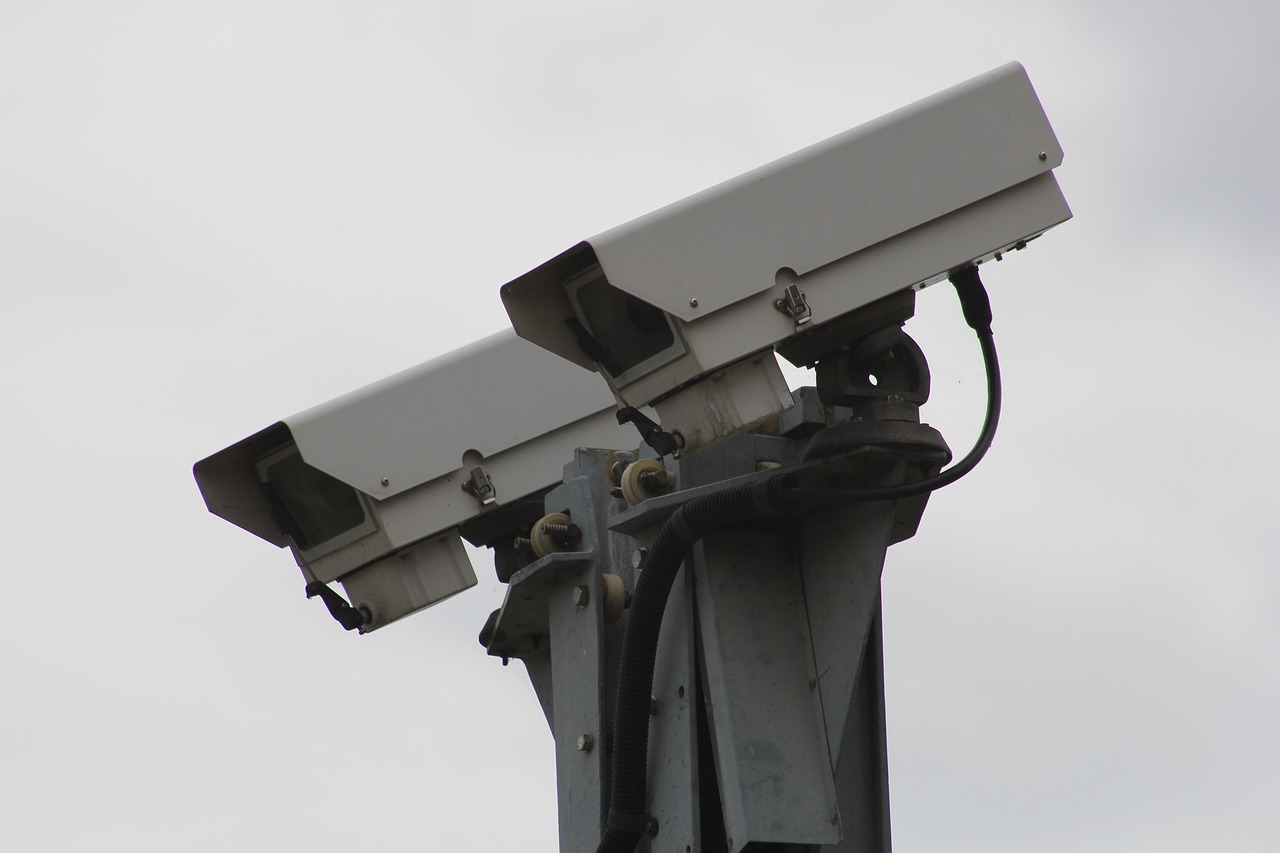
Informing Trusted Neighbors
Before you embark on your much-anticipated vacation, it’s essential to have a chat with your trusted neighbors. Think of them as your home’s first line of defense while you’re away. By informing them about your travel plans, you not only create a sense of community but also enhance your home’s security. Imagine having a reliable friend watching over your property, ready to spring into action if anything seems amiss. It’s like having a safety net that allows you to relax and enjoy your getaway without constantly worrying about what’s happening back home.
When discussing your vacation with neighbors, consider sharing specific details that can help them keep an eye on your home. For instance, let them know the dates you’ll be away, any expected deliveries, and how to reach you in case of an emergency. This transparency not only fosters trust but also ensures they know what to look for. If you have any particular concerns, such as a suspicious vehicle that’s been lingering around the neighborhood, don’t hesitate to mention it. Your neighbors will appreciate the heads-up and be more vigilant.
Additionally, you can ask them to perform a few simple tasks while you’re gone. This could include:
- Collecting your mail and packages to prevent overflowing mailboxes, which can signal to potential intruders that you’re not home.
- Turning on and off lights to create the illusion that someone is home.
- Parking their car in your driveway occasionally to further enhance the feeling of occupancy.
Remember, communication is key! Providing your neighbors with your contact information ensures they can reach you if anything unusual occurs. It’s also a good idea to establish a quick method of communication, whether it’s through text, a phone call, or even a neighborhood app. This way, they can easily inform you of any concerns or updates, giving you peace of mind while you’re off enjoying your vacation.
In summary, informing trusted neighbors about your vacation plans is a proactive step in safeguarding your home. By fostering a sense of community, sharing vital information, and asking for their assistance, you create a supportive network that enhances your home’s security. So, before you pack your bags, take a moment to reach out to those who can help keep your home safe while you’re away!
Q: How can I ensure my neighbors take my request seriously?
A: Choose neighbors you trust and have a good relationship with. Be clear about your concerns and the specific tasks you’d like them to handle while you’re away.
Q: What if my neighbors are also going on vacation?
A: In this case, consider asking other trusted friends or family members to monitor your home. Alternatively, you might want to look into hiring a house-sitting service.
Q: Should I inform the police about my vacation?
A: Yes! Many police departments offer vacation watch services where officers will patrol your neighborhood more frequently while you’re away. It’s a great way to add an extra layer of security.
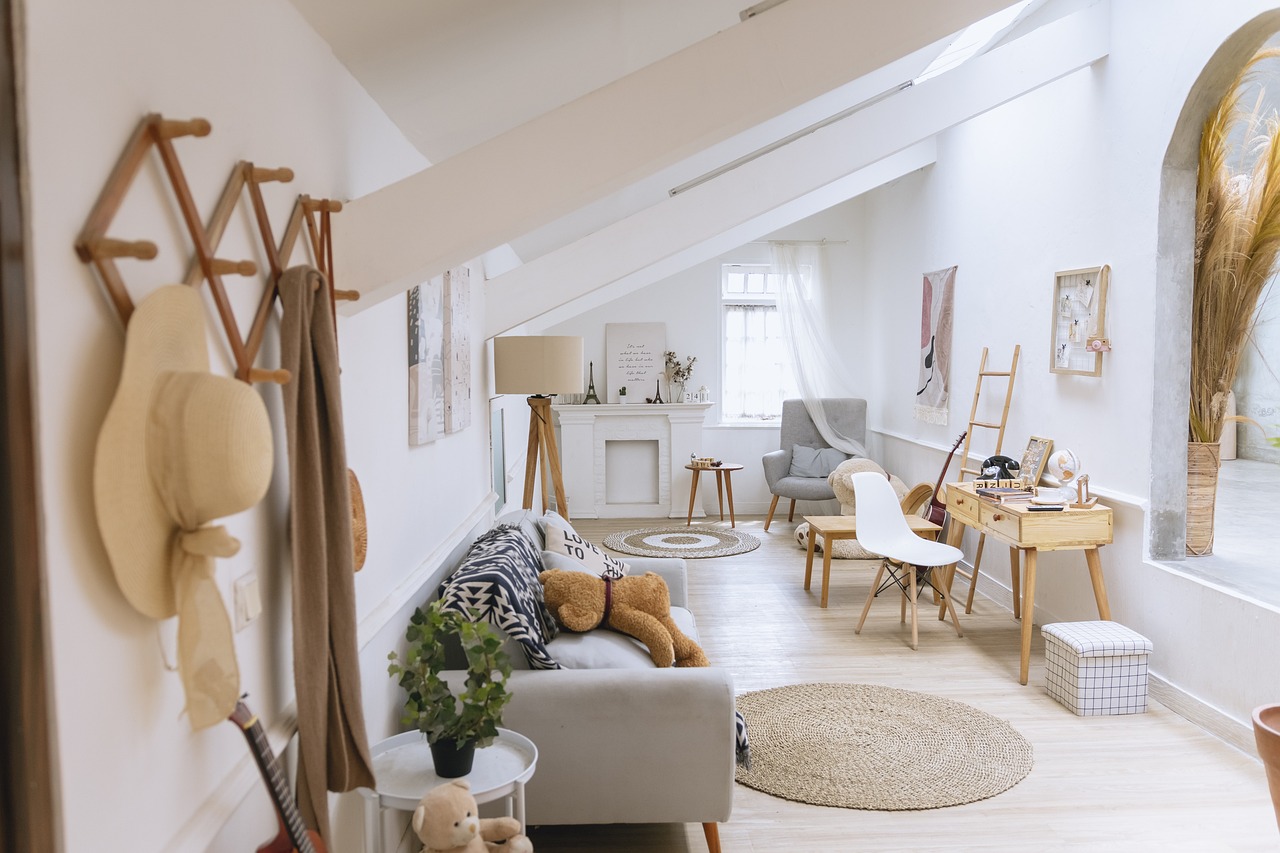
Mail and Package Management
When you're gearing up for a vacation, one of the most crucial yet often overlooked aspects is managing your mail and packages. Imagine returning home after a blissful getaway only to find a pile of mail spilling out of your mailbox, or worse, a package left on your doorstep for days. This not only creates a mess but also sends a clear signal to potential intruders that your home is unoccupied. So, how do you effectively manage your mail and packages while you're away? Let's delve into some practical strategies.
First off, consider putting a hold on your mail. The United States Postal Service (USPS) offers a convenient service that allows you to pause your mail delivery for the duration of your trip. This means your mail will be collected and held securely at the post office until you return. You can easily set this up online, and it’s a simple way to ensure that your mailbox doesn’t overflow while you’re lounging on the beach.
Additionally, think about your packages. If you're expecting deliveries while you're away, it’s wise to schedule them for a time when you’ll be home, or better yet, use a package holding service. Many retailers and delivery companies, like Amazon and UPS, offer options to hold packages at their facilities until you’re back. This way, you avoid the risk of leaving valuable items out in the open for too long.
If you have a trusted neighbor or friend nearby, consider asking them to collect your mail and packages during your absence. Not only does this keep your home looking occupied, but it also ensures that your important letters or packages don’t get lost or stolen. You might even want to offer to return the favor when they go on vacation!
For those who prefer a more tech-savvy approach, there are smart mailbox systems available that can alert you when mail is delivered. These devices often come with cameras and notifications that can give you peace of mind, allowing you to monitor your mailbox remotely. This could be a great addition to your home security strategy.
In summary, managing your mail and packages effectively while you’re on vacation is essential for maintaining your home’s security. By utilizing mail holds, package management services, and relying on trusted neighbors, you can ensure that your home remains safe and looks lived-in during your time away. After all, a little planning can go a long way in keeping your home secure while you’re off creating wonderful memories!
- What should I do with my mail while on vacation?
Consider putting a hold on your mail through USPS or ask a trusted neighbor to collect it for you. - How can I prevent my packages from being stolen?
You can schedule deliveries for when you're home, use package holding services, or have a neighbor pick them up for you. - Are there smart devices that can help with mail management?
Yes, smart mailboxes can notify you of deliveries and are equipped with security features.
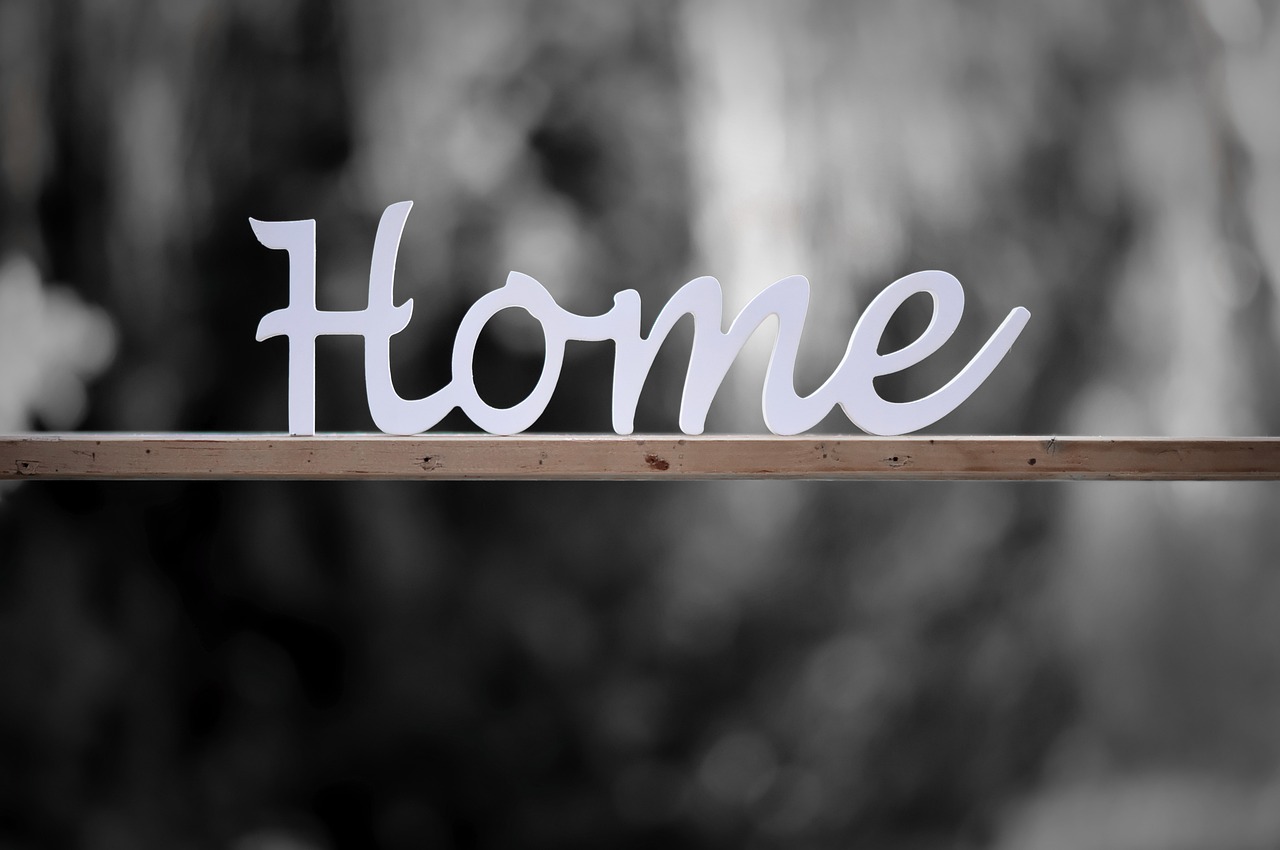
Emergency Contacts
Before you embark on your vacation, it's essential to establish a solid list of . This list acts as your safety net, ensuring that if anything goes awry while you're away, you have reliable people to reach out to. Think about it: if a pipe bursts or a storm damages your property, who will you call? Having a pre-prepared list can save you precious time and stress.
Start by including local authorities, such as the police department and fire department. In case of an emergency, knowing the right numbers can make all the difference. Additionally, consider adding the contact information of a trusted friend or family member who lives nearby. This person can act as your eyes and ears, keeping an eye on your home while you’re soaking up the sun.
Don’t forget to include your home insurance provider's contact information. If something unfortunate happens, you’ll want to notify them as soon as possible to get the claims process started. Also, jot down the contact details of a reliable handyman or maintenance service. This can be invaluable if you need someone to handle repairs quickly in your absence.
Here’s an example of how you might structure your emergency contacts:
| Contact Type | Name | Phone Number | Notes |
|---|---|---|---|
| Local Police | City Police Department | (555) 123-4567 | Non-emergency number |
| Fire Department | City Fire Department | (555) 987-6543 | Emergency number |
| Trusted Neighbor | John Doe | (555) 234-5678 | Collects mail and checks on the house |
| Home Insurance | ABC Insurance Co. | (555) 345-6789 | Claims department |
| Handyman | Mike's Maintenance | (555) 456-7890 | Available for urgent repairs |
By preparing this list, you’re not just ticking a box; you’re creating a safety plan that allows you to enjoy your vacation without worrying about your home. Plus, it’s always a good idea to share this list with a few trusted friends or family members, so they know who to contact in case of an emergency. Remember, peace of mind is priceless, and being proactive is the best way to protect your sanctuary while you’re away.
Q: Why is it important to have emergency contacts while on vacation?
A: Having emergency contacts ensures that you can quickly address any issues that arise at home while you're away. It provides peace of mind and helps you respond promptly to emergencies.
Q: Who should I include in my emergency contact list?
A: Include local authorities, a trusted neighbor, your home insurance provider, and a reliable handyman. This way, you have a comprehensive support system in place.
Q: How can I ensure my emergency contacts are reachable?
A: Before you leave, inform your emergency contacts about your vacation plans and ensure they have your travel itinerary. This way, they know when you'll be unavailable and can act accordingly.
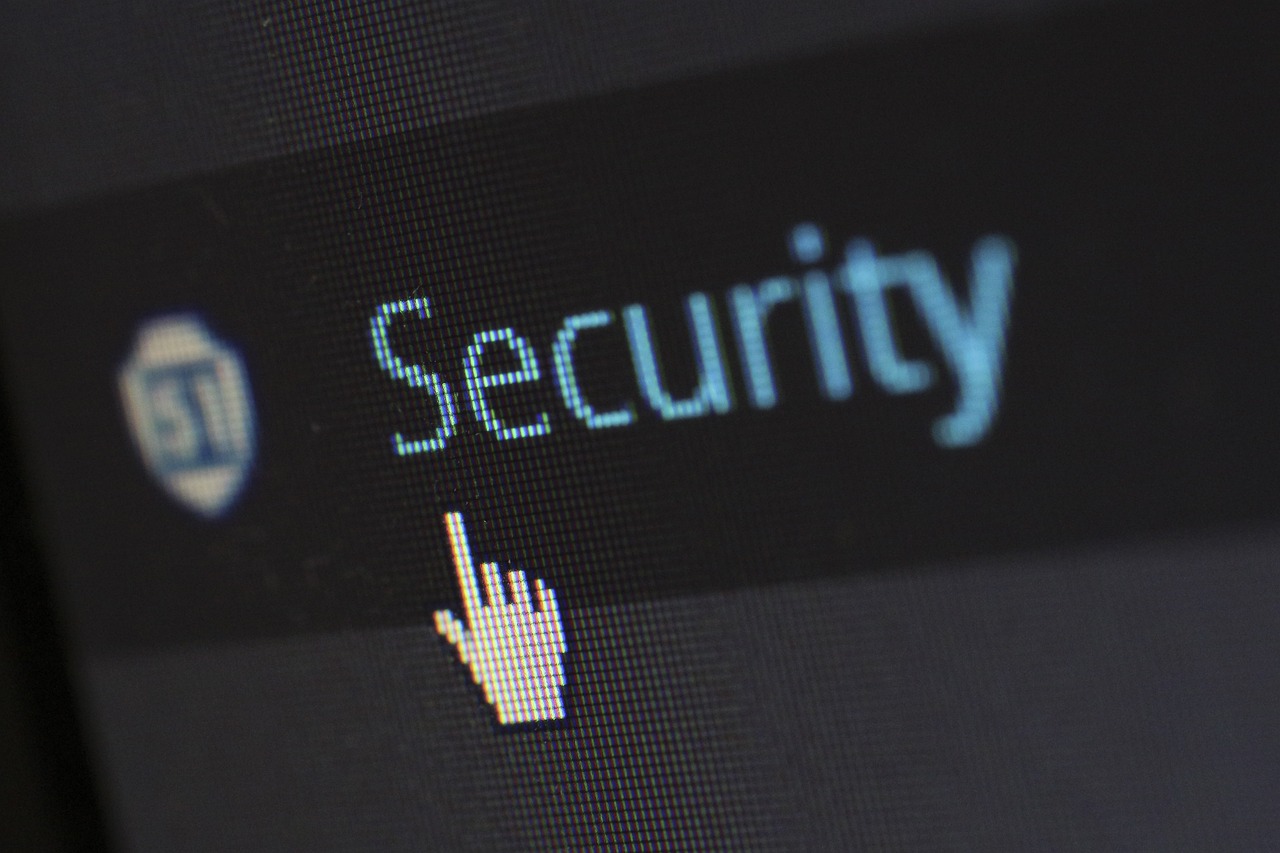
Final Preparations Before Leaving
As your departure date approaches, the excitement of your upcoming vacation can sometimes overshadow the critical final preparations needed to ensure your home remains safe and secure. It's essential to take a moment to focus on these last-minute checks, as they can make a world of difference in your peace of mind while you're away. Start by double-checking all locks on doors and windows. It’s surprising how often we think we’ve locked up when we haven’t. A simple check can save you from potential heartache later on.
Next, consider setting timers for your lights. This not only gives the impression that someone is home but also helps deter any would-be intruders. You can use smart plugs or timers to control your lamps and even your television. Imagine coming back to a home that looks lively and occupied, even when you were miles away! Additionally, make sure to unplug any unnecessary electronics to prevent potential fire hazards and save on energy costs.
Another important step is to secure your valuables. If you have jewelry, important documents, or other precious items, consider placing them in a safe or a hidden location. This is especially crucial if you're planning to be away for an extended period. Thieves often target homes they believe to be empty, so taking these precautions can significantly reduce your risk.
It’s also wise to inform your home security provider of your vacation plans. Many security companies offer vacation modes or services that can enhance your home’s security while you’re away. They may even provide additional monitoring or patrol services in your neighborhood, adding an extra layer of protection.
Lastly, don’t forget to prepare for the little things that can make your return more pleasant. Arrange for someone to take care of your plants or lawn, as an unkempt garden can signal to others that you’re not home. You might also want to set up a plan for your pets if you have any. Whether it’s a trusted friend or a pet-sitting service, knowing that your furry friends are taken care of can alleviate any guilt you might feel while you’re off enjoying your vacation.
In summary, these final preparations may seem trivial, but they are vital to ensuring your home remains safe while you enjoy your time away. By taking the time to secure your home properly, you can focus on making memories without the nagging worry of what might be happening back home.
- What should I do with my mail while I'm on vacation? It's best to arrange for someone to collect your mail or place a hold on it with your local post office to avoid signaling that you're away.
- How can I make my home look occupied? Use timers for lights and ask a neighbor to park in your driveway occasionally to give the impression that someone is home.
- Should I inform my neighbors about my vacation? Yes, informing trusted neighbors can help them keep an eye on your property and report any suspicious activity.
- Are smart home devices worth the investment for home security? Absolutely! They provide convenience and enhanced security features that can help monitor your home remotely.
Frequently Asked Questions
- What are the best ways to secure my home while I'm on vacation?
To keep your home safe during your vacation, consider installing a home security system with alarms and surveillance cameras. Utilizing smart home devices like smart locks and automated lighting can also enhance your security. Additionally, informing trusted neighbors and engaging in a neighborhood watch can provide extra vigilance.
- How can I assess the vulnerabilities of my home?
Start by walking around your property and identifying weak points such as doors, windows, and garages. Look for any areas that could be easily accessed by intruders. Strengthen these points with better locks, security cameras, and adequate lighting to deter potential break-ins.
- What should I do with my mail and packages while I'm away?
Arrange for someone to collect your mail or put a hold on deliveries. An overflowing mailbox or unattended packages can signal to thieves that you're not home. You can also use services offered by postal services to temporarily stop mail delivery.
- How do smart home devices help in home security?
Smart home devices like locks, cameras, and lights allow you to control and monitor your home remotely via your smartphone. This means you can receive alerts, view live feeds, and simulate your presence by scheduling lights to turn on and off, all of which help deter intruders.
- What should I include in my list of emergency contacts?
Your emergency contacts should include local authorities, trusted friends or family members, and neighbors. This ensures that you have reliable people to reach out to in case of any issues while you're away, providing peace of mind during your vacation.
- How can I simulate my presence at home?
You can simulate your presence by using automated lighting systems that turn on and off at specific times. Smart bulbs can also be programmed to mimic your usual patterns, making it appear as if someone is home, which can deter potential burglars.



















